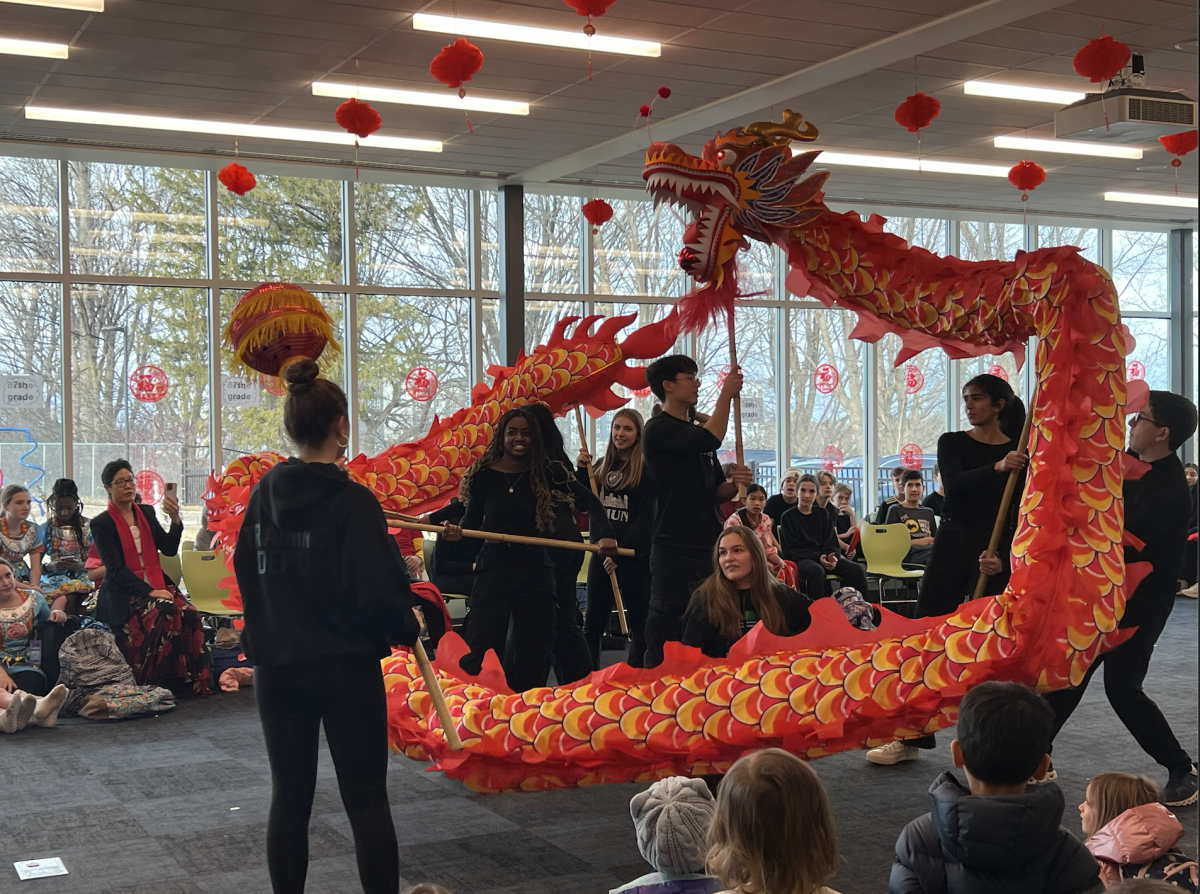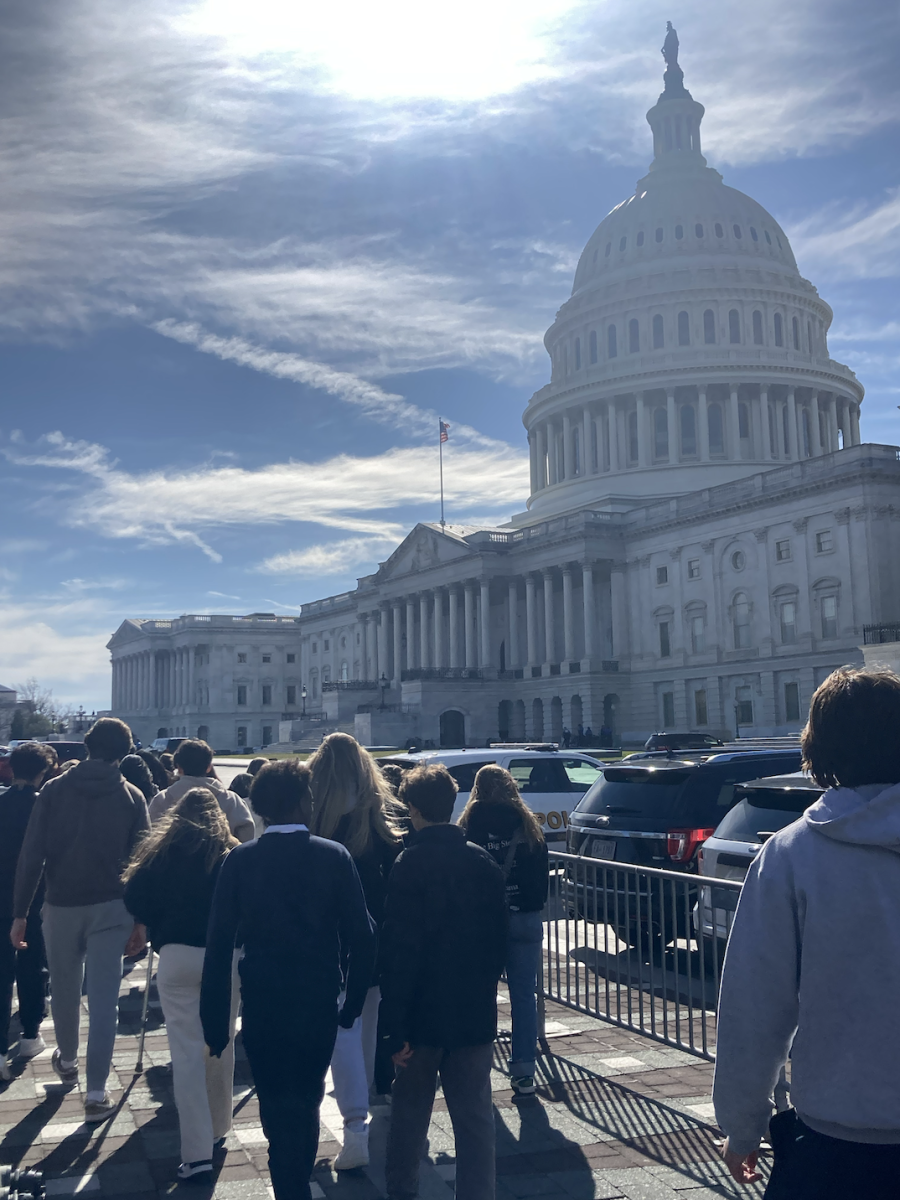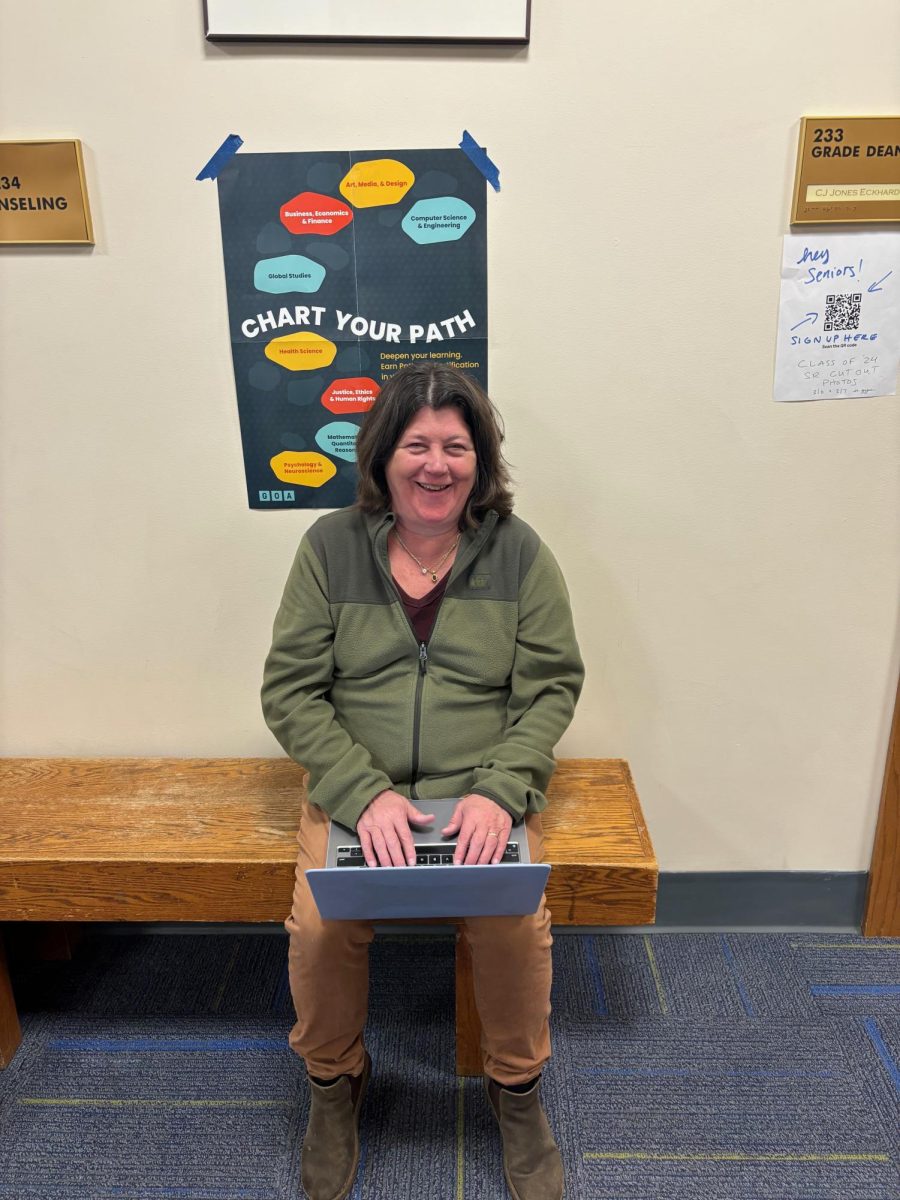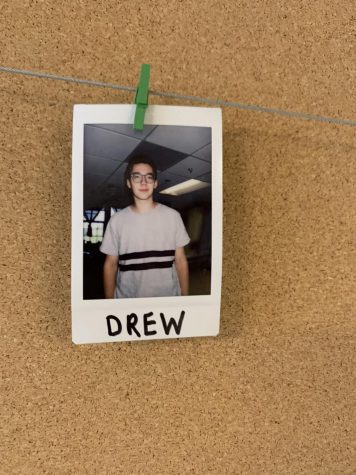This story was originally published on February 1, 2019
“A student shall have the same right to exercise his or her right to free speech on campus as he or she enjoys when off campus.” While this is a seemingly desultory quote, it is the single most powerful tool of a private school journalist in California and has the potential to strengthen student voice across the country. The excerpt above is from the California Leonard Law (1992), a law which protects students from infringement of their First Amendment rights at private institutions of education.
While it may not be feasible to expect our Minnesota state legislature to pass a law in similar concept, Bill HF 2537 seeks to protect students in public schools from administrative control. The bill is supported by New Voices, a national organization that aims to provide journalistic freedom for schools across the country. It is crucial that students, parents, teachers and alumni all take their part in encouraging Blake to adopt a policy like the Leonard Law or Bill HF 2537. Urging Blake to adopt a policy similar to the Leonard Law is extremely important due to a lack of written school policy on student journalism.
Head of School Dr. Anne Stavney says in a recent interview “In the student handbook, we talk about speech and behaviour and actions and conduct that is in line with our mission values and commitment to pluralism.” A lack of distinction between actions and journalism is dangerous for a school, as anything the administration dislikes can be categorized in the same terms as a physical action or hate speech, regardless of the actual content. Journalism should be a nexus of ideas and opinions unsullied by those outside of the publication.
A student newspaper should reflect the unfiltered ideas and perspectives of students, unregulated by the administration. In fairness, The Spectrum is fortunate in many places regarding administrative control. Blake does not have prior review or prior restraint, meaning that they do not possess the ability to read the paper before it goes to the press or choose what is published.
However, in an unprecedented move earlier this year, the administration barred the online publishing of an article regarding the current lawsuit Blake faces. The details of the lawsuit are available online from other publications, but nothing else will be provided due to the Blake’s unwritten policy regarding current litigation. Because the student who wrote the article did his due diligence by interviewing members of the community to gain a better understanding of the article, administrators found out about the upcoming opinions piece.
While it is perfectly within the rights of Blake (as a private institution) to deny the publishing of the article, it is unabashedly against the spirit of student journalism and a reversal of what Stavney initially stated the rights of student journalists are, “Students have the rights of free speech, the first amendment, and they have broad rights as far as writing about topics, concerns and issues. We hold these in balance with community norms and expectations around our missions and our values and our commitment to pluralism.”
Intellectual pluralism, the idea of allowing and examining multiple different perspectives and opinions, is in complete opposition with the barring of the article on the lawsuit. Stavney, later in the interview, admits “Sometimes the value of free speech is outweighed by some other considerations. In this case, ongoing litigation, the value of free speech is outweighed by the need to protect the school’s legal position.” If our school values are so easily dictated by the necessity of a situation, they are not values but rather carefully selected words used for fundraising and admissions events.
She continues with the distinction between public schools and Blake (Since student journalists are protected by the first amendment in public schools), “How it [Student journalist freedom] differs from public school, we have a mission, values and a commitment to pluralism and that is our lighthouse, our goal, is to educate students within that context. I feel very fortunate that we are able to say if language flies in the face of our mission, our values, our commitment to pluralism, than it wouldn’t be acceptable.” The article flies in the face of no stated mission: Rather, it’s a celebration of unique and critical thinking, which Blake clearly supports. Public schools aims to educate students, where pluralism in enforced by laws.
Stavney does give a second reason for not allowing the publishing of the article: “The second thing the value of free speech is outweighed by is sometimes community needs. We have individuals in the community currently who are involved in the litigation and it can be really damaging to them and feel just personal and invade their privacy and sense of justice to have a partial and speculative article written about them.” The Spectrum respects the privacy of those currently involved with the lawsuit and strives for journalistic integrity for all articles, but the specific article focused not on speculation of what happened, but rather the legality of the situation from a student’s perspective.
It is because of the aforementioned situation that supporting a school policy like the Leonard Law is so important. By prohibiting the publishing of an article, Blake has initiated a slippery slope. It is paramount that students, teachers, parents and alumni all work together to urge the administration to create real rules and restrictions for themselves to allow students to express journalistic freedom. Anything less is a violation of academic integrity, and for a school that takes pride in its students for such a concept, it is important that those who create school policy hold themselves to the same standard.








